Have you ever felt that? That jolt of connection when a character seems to step out of fiction and into your life? Maybe they made you laugh so hard your ribs ached, or left you staring at the ceiling, tears creeping down your temples. Maybe they hit you with a bolt of recognition so sharp it was almost uncomfortable: This is me. This is someone I know. This is someone I need to know.
It's because great characters are the heartbeat of storytelling. They’re not just passengers on the plot train; they drive it. They take abstract ideas—like love, sacrifice, or courage—and make them real. They anchor the conflict, bring the world to life, and make us care.
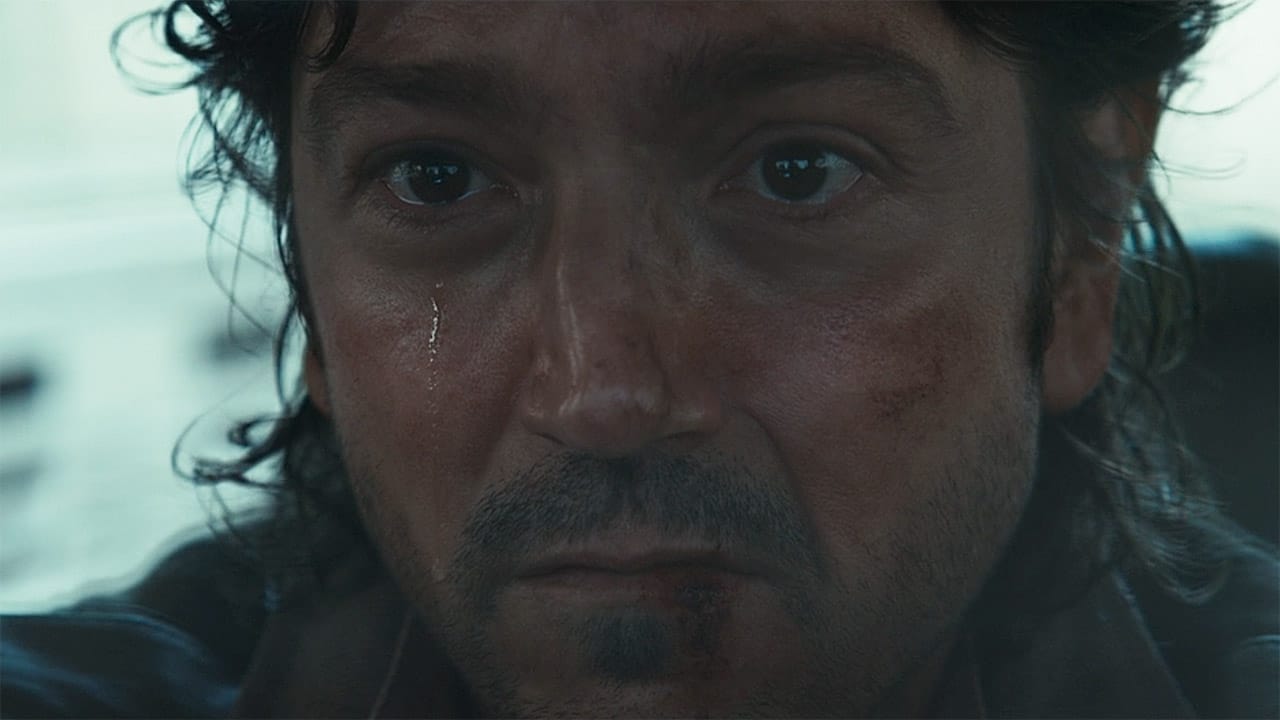
This book is about crafting characters that do exactly that. Characters that stay. That make you think about them long after the story ends, like the dry wit of Chandler Bing, the impossible choices of Walter White, or the fiery defiance of Katniss Everdeen. These are characters who don’t just support a story—they are the story.
Great characters don’t just entertain; they reflect. They hold up a mirror and say, Look, this is who you are—or who you could be. At the same time, they open a window into experiences beyond our own, showing us what it means to live a different life.
Think of it: the snarky friend who uses sarcasm like a shield, the dreamer chasing something just out of reach, the hero battling inner demons while saving the day. These characters remind us of ourselves, our friends, our families, and even our enemies. They’re specific, layered, and oh-so-human. But they’re also portals, pulling us into other worlds, other minds. They make us see—and feel—what it’s like to walk in someone else’s shoes. They give us empathy.

Anchoring Emotions
A story without characters is like a stage with no actors. The set might be beautiful, the lighting dramatic, but without someone to bring it to life, it feels like an empty space. Characters are the heart of every story because they give us someone to care about.
It’s not the vastness of Middle-earth that makes The Lord of the Rings unforgettable—it’s Frodo’s struggle, Sam’s loyalty, Aragorn’s quiet nobility. Likewise, in The Last of Us, the apocalyptic backdrop isn’t what haunts us—it’s the fragile, complicated bond between Joel and Ellie. Through characters, we don’t just watch a story; we feel it. Their joys become our highs, their heartbreaks our wounds.
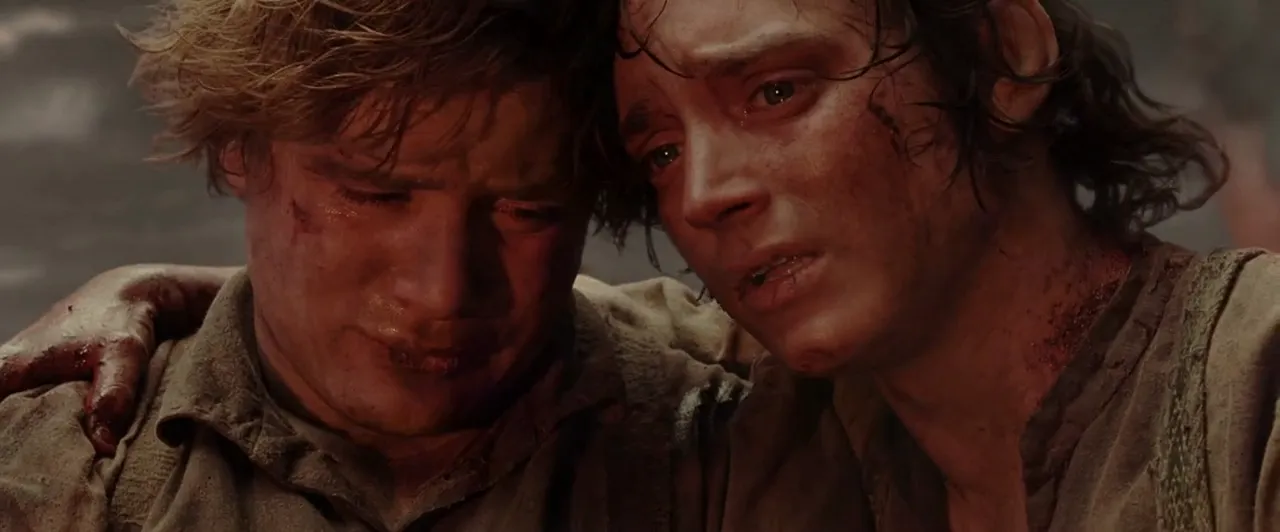
While worlds can shape the journey, characters are the ones who make it matter. The crumbling grandeur of Middle-earth sets the stakes, but Frodo and Sam’s perseverance turns it into a story of hope. The ruins of The Last of Us deepen its atmosphere, but it’s Joel and Ellie’s connection that makes us care about every step.
That’s the power of characters—they turn abstract ideas into experiences we live alongside them. Courage, grief, love, regret—these are no longer just words. They’re Joel’s cracked voice, Frodo’s trembling hands, or even Carrie Bradshaw’s bittersweet smile as she writes another column. It’s the people who breathe life into a story, drawing us in and refusing to let us go.
Conflict fuels every great story
Conflict is the soul of every great story, and characters are its spark. External conflicts—villains, disasters, battles—are thrilling, sure. But it’s the internal conflicts, the ones that pit a character against their own fears, flaws, and desires, that truly hook us.
Tony Stark’s fight isn’t just against Thanos or rogue robots; it’s against his own arrogance, his guilt, his fear of failure. Arthur Morgan’s journey in Red Dead Redemption 2 is marked by gunfights and heists, but his deepest struggles are moral—deciding whether to stay loyal to his gang or break free of the man he’s become.
While external conflicts raise the stakes and drive the plot, internal conflicts deepen emotional engagement, ensuring that audiences don’t just witness the story—they feel it. These conflicts feel real because they are real. They mirror the struggles we face every day: wanting to be better, but afraid to change; longing for connection, but fearing vulnerability. Through their battles, characters reveal truths about themselves—and about us.
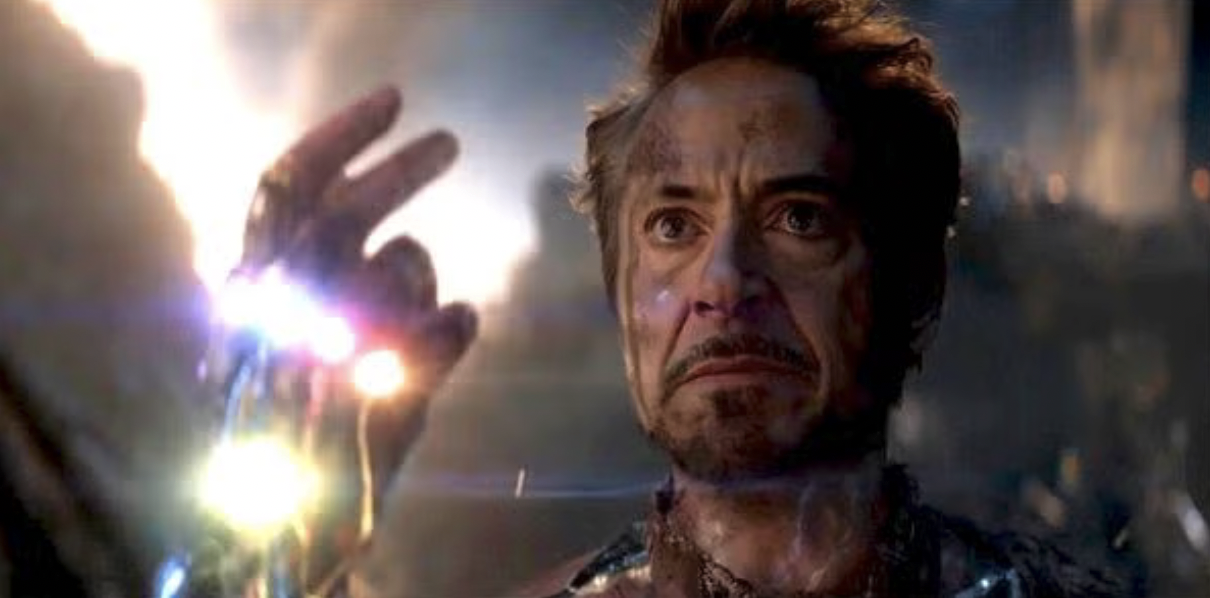
Themes Made Human
These internal struggles don’t just add depth to characters—they bring universal themes to life. Courage, grief, love, regret—these aren’t just concepts. They become lived experiences through our characters.
Think of Forrest Gump. His quiet honesty and steadfast loyalty don’t just tell us about kindness and perseverance—they live it. We see it in every step he runs, every word he speaks, every moment he stays true to himself. Or take Joel from The Last of Us, whose fierce protectiveness for Ellie pushes him to the edge of morality. Every choice he makes forces us to ask—how far would we go to protect someone we love? The weight of his actions lingers, not just in his world, but in our own conscience.
These characters don’t lecture. They don’t preach. They show. Through them, we understand courage, heartbreak, and the meaning of love—not as ideas, but as visceral, aching truths. That’s the power of great characters. They make the intangible human. They make it matter.
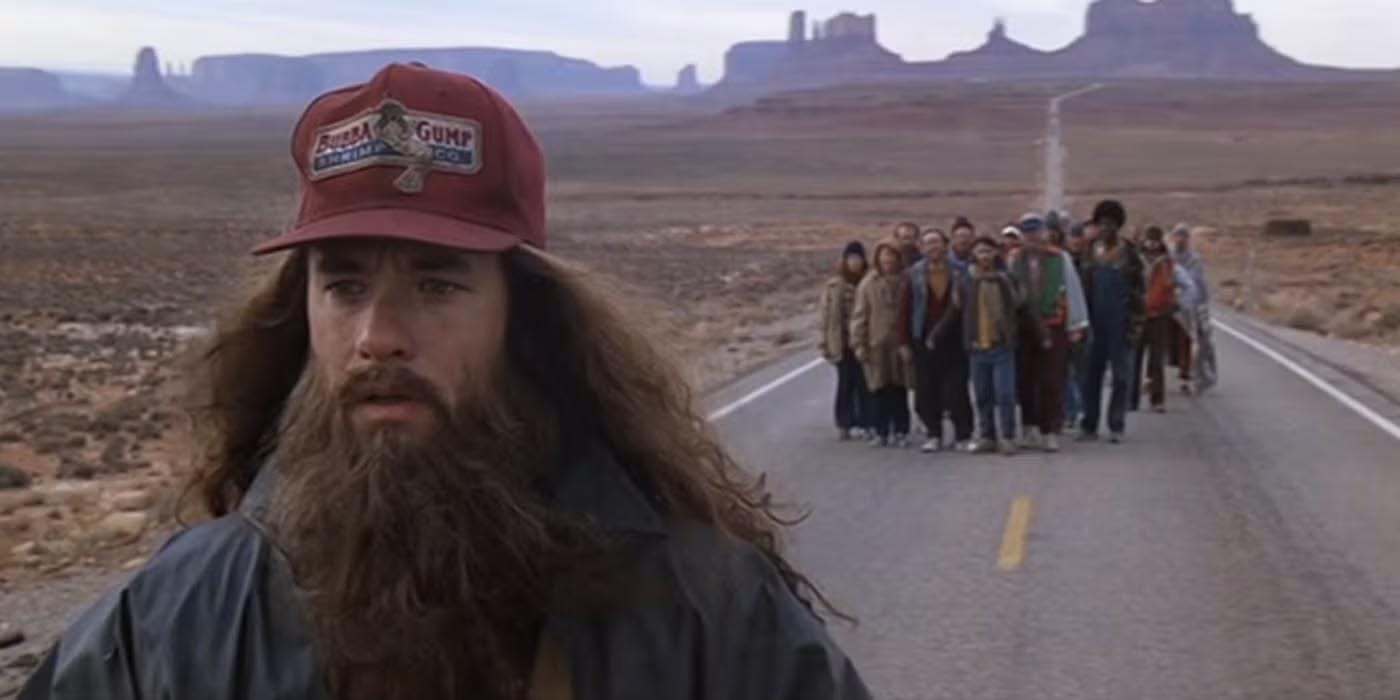
Specific Yet Universal
The best characters are contradictions: as unique as fingerprints, yet universally relatable. They’re deeply rooted in their own worlds and experiences, but somehow, they resonate with ours.
Geralt of Rivia is a monster hunter in a dark, magical world, but his struggles with belonging and loyalty could belong to anyone. Frodo Baggins is a hobbit carrying the fate of the world on his shoulders, but his quiet determination mirrors our own battles with fear and doubt.
Even the seemingly distant or absurdly fantastical can hit home when rooted in universal truths. Carrie Bradshaw’s glamorous, chaotic life may be far removed from ours, but her quest for love, identity, and purpose is a mirror we can all recognize.
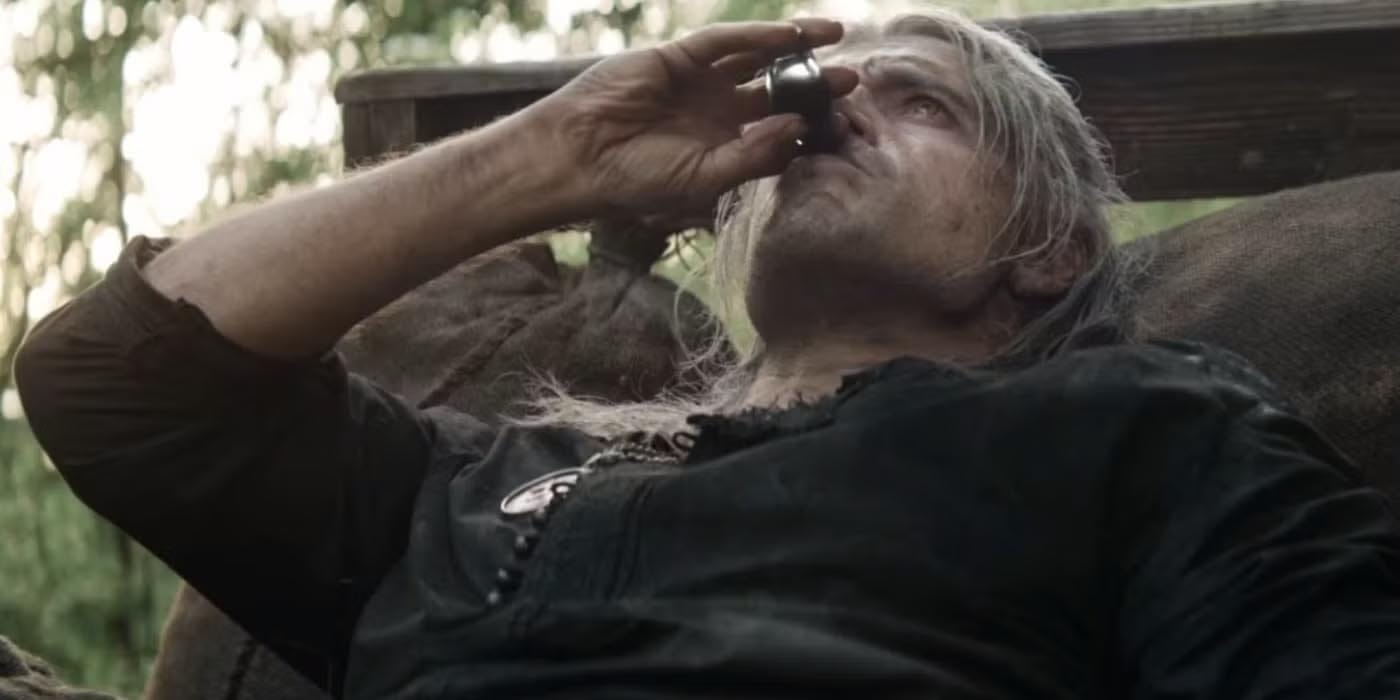
Worlds are Characters too
Some settings feel alive, shaping and driving the story as much as the protagonists themselves. Great worlds aren’t just static backdrops—they’re characters in their own right, challenging, influencing, and even clashing with the people who inhabit them.
Think of Gotham City in The Dark Knight, a shadowy force that tests Bruce Wayne’s ideals at every turn, or the wilderness in The Revenant, a brutal adversary that strips Hugh Glass down to his rawest instincts. In Star Wars, barren planets like Tatooine mirror Obi-Wan’s isolation, while the vastness of space brims with hope and endless possibility. These aren’t just settings—they’re storytellers, driving the narrative forward with every storm, shadow, or sunlit horizon.
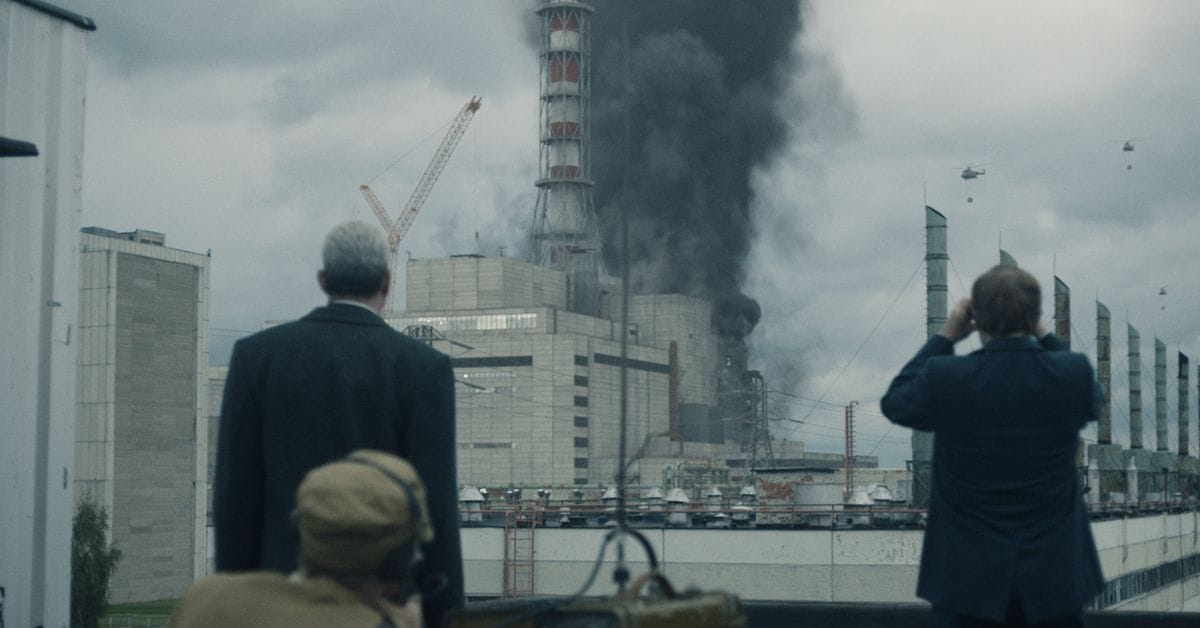
Worlds that act as characters don’t just amplify themes—they demand transformation. The radioactive wasteland in Chernobyl turns tragedy into a haunting reminder of humanity’s hubris. Wonderland’s chaotic madness forces Alice to confront her fears and sense of identity. They don’t just frame stories—they provoke them, pushing characters to grow, to break, to rise.
Take Hogwarts in Harry Potter. At first, it’s a place of wonder and safety, a magical refuge where Harry finds his true self. But as the story unfolds, Hogwarts darkens, its halls no longer a sanctuary but a battlefield. By the final book, it’s scarred and transformed, reflecting the stakes of the war and the resilience of those who fight for it. The castle, like Harry, matures under the weight of its trials, proving that even a world built on magic can break—and rebuild.
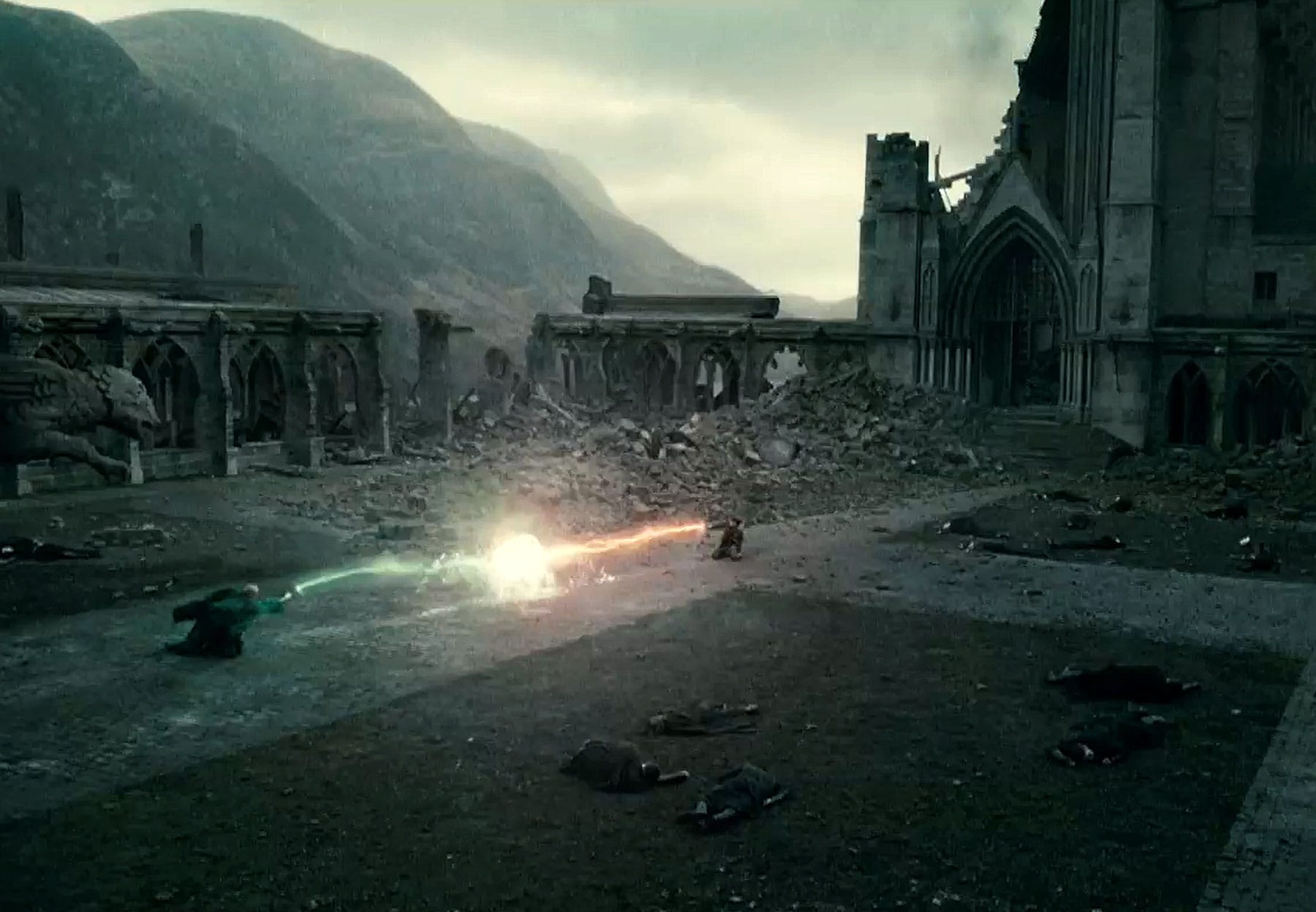
These worlds don’t just house stories—they live them. They grow, fracture, and heal, their transformations as poignant and vital as the characters themselves. Like people, they are marked by their battles and shaped by their histories, making every choice and conflict feel more profound, more inevitable, and profoundly human.
Why Characters Matter
At the end of the day, it’s the people we carry with us. Not the explosions or the twists, but the ones who reached into our hearts and left a mark. Atticus Finch, standing resolute for justice in the face of scorn. Eleven, facing monsters with trembling hands but unyielding courage. Ted Lasso, reminding us that kindness is its own kind of strength.
Characters matter because they remind us of ourselves—our fragility, our resilience, our capacity to grow. They make us laugh at our own ridiculousness, weep for losses we’ve known, and dream of a world just a little brighter. They’re mirrors and windows, reflecting who we are while showing us who we could be.
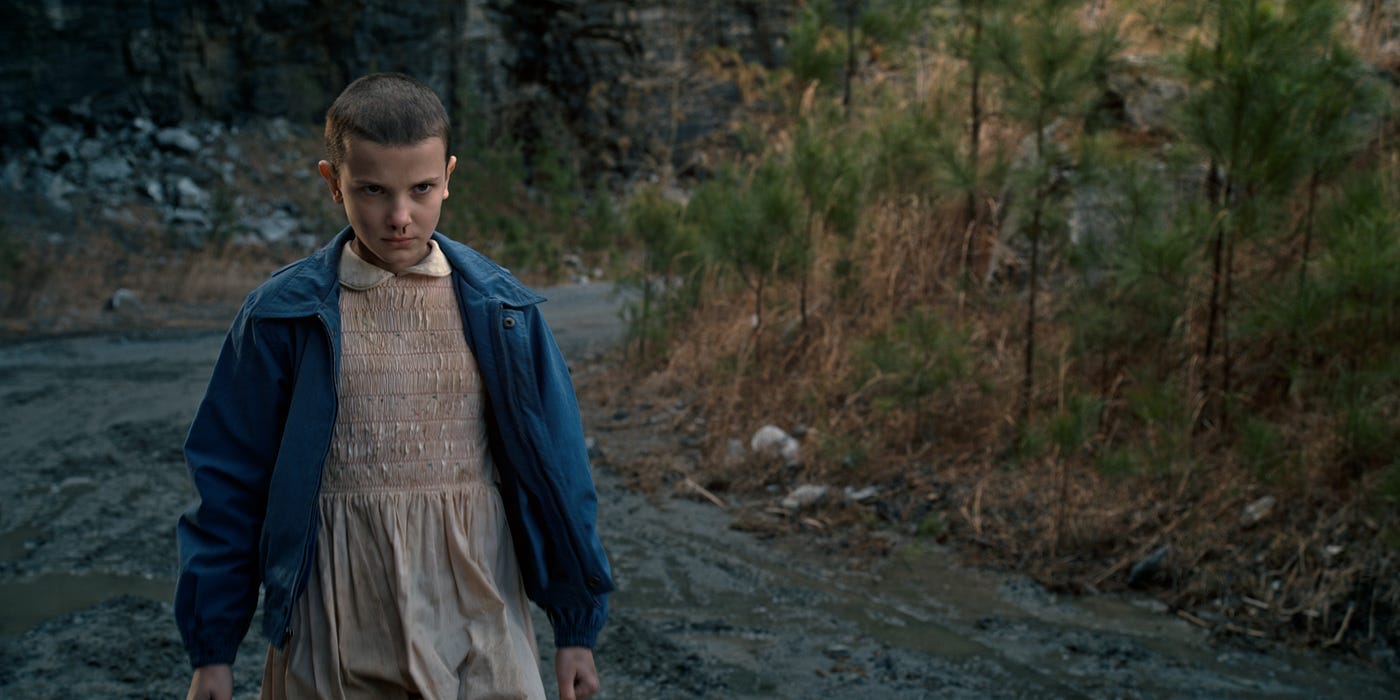
Stories are the roads we walk, but characters are the guides. They’re not passengers on the journey; they are the journey. They breathe life into the story’s heart, turning it into something unforgettable.
So, the next time a story grips you, take a moment. It’s not the plot that holds you—it’s the characters. Their emotions, their choices, their battles. The best ones linger, long after the last page is turned or the screen fades to black.
They don’t just exist in the story; they live in you. Forever.

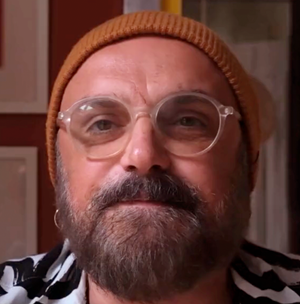
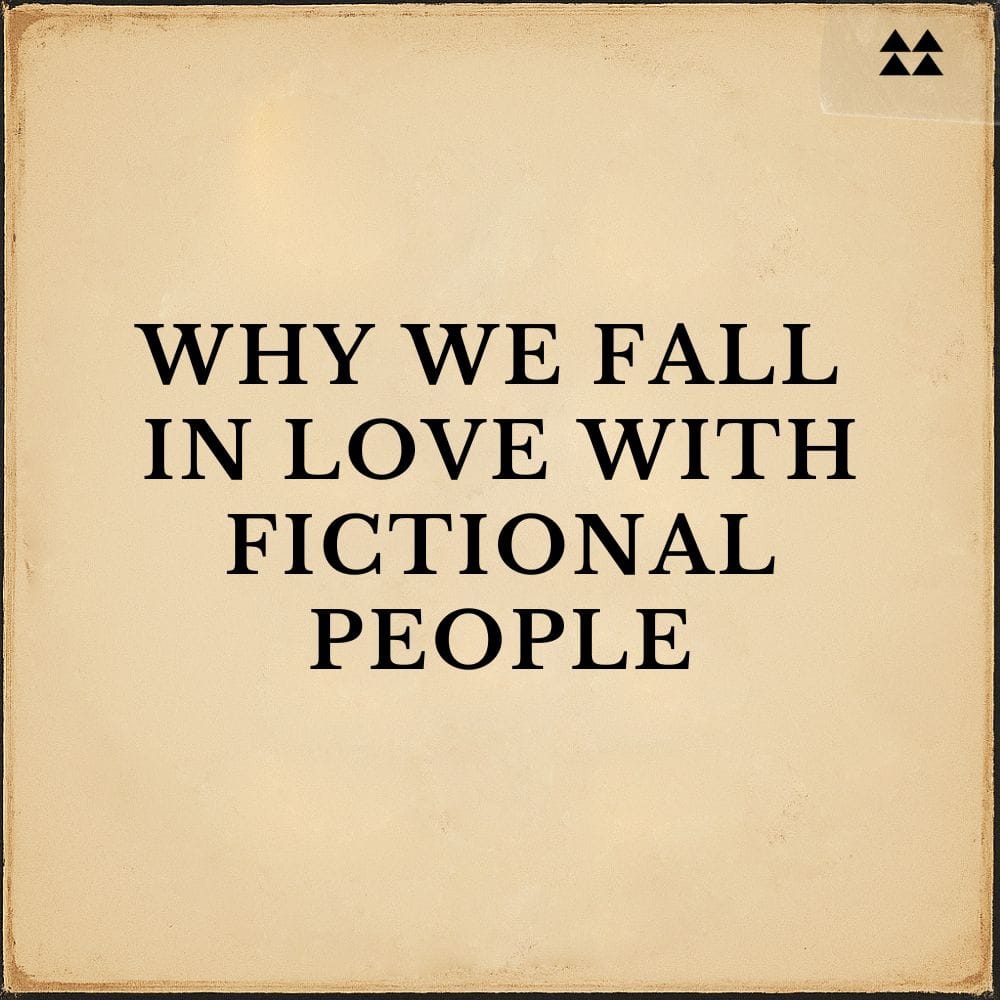
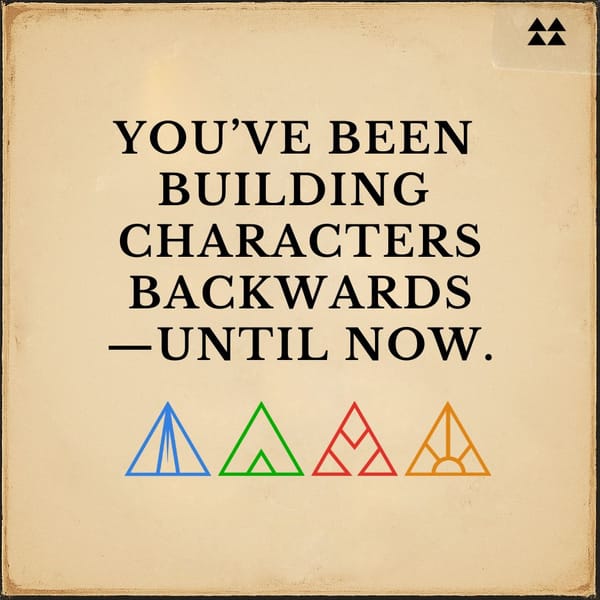
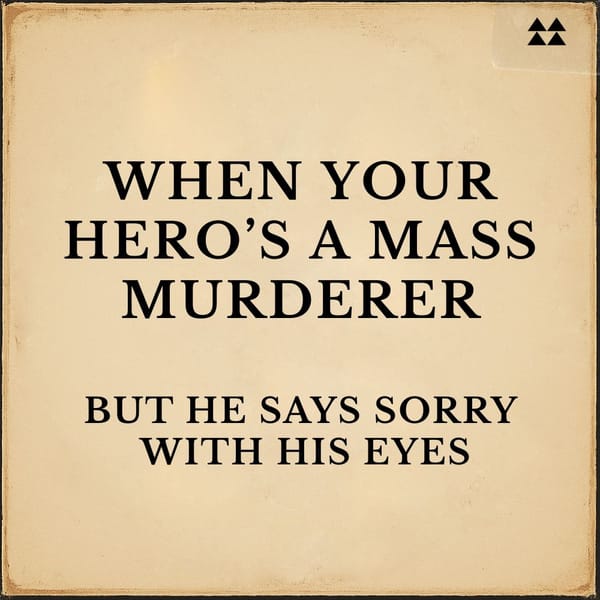
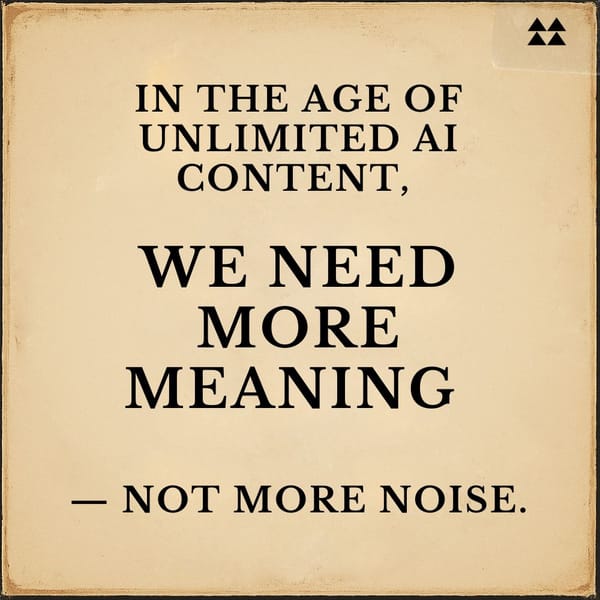
Member discussion